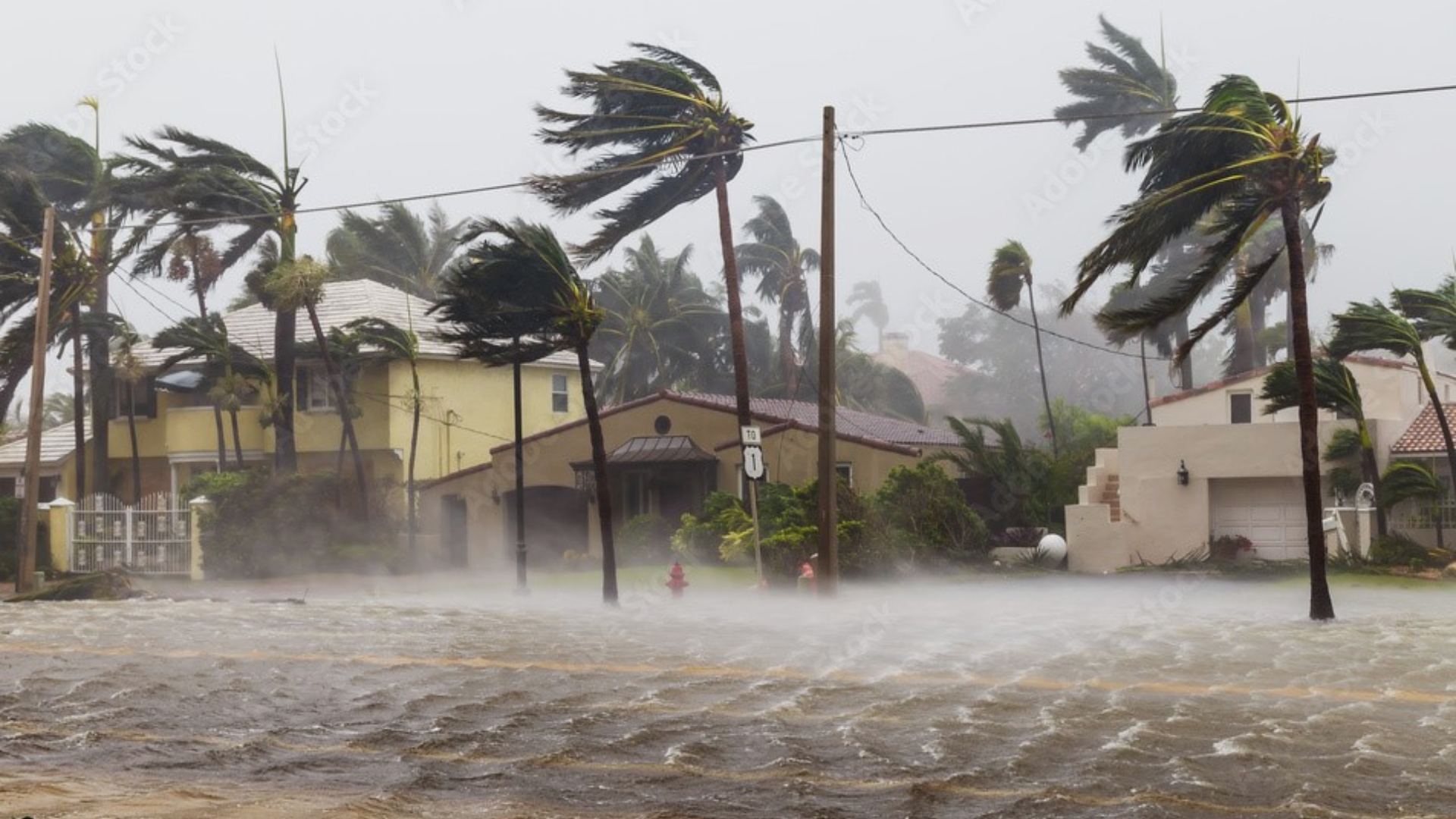Authors: Nick Kelly
Published: October 29, 2024
In times of crisis, such as Hurricane Milton, it’s not just the storm itself that people need to be prepared for—scammers often use these events to take advantage of vulnerable communities. At the Innocent Lives Foundation (ILF), we believe it’s essential to know how to protect yourself from both physical and online threats, especially during chaotic times when people may be seeking assistance or resources.
This blog will walk you through common scams to look out for before, during, and after a storm, offering practical advice to help you stay safe. These principles can guide you if you find yourself in a similar situation, ensuring that you not only protect your finances but also stay alert to predatory behavior, whether it occurs offline or online.
Hurricane Milton is hitting Florida residents hot on the heels of Hurricane Helene. Large weather events like these often come with two phases of scams: price gouging and identity/financial fraud. You can take measures to keep yourself protected and vigilant against these scams.
Price Gouging During a Major Weather Event
When a major weather event is pending, look out for price gouging. This might occur at hotels, airports, and gas stations. In grocery stores, items subject to price gouging include rice, cereal, snacks, baby formula, and bottled water. In this particular event, consumers can contact the Florida Attorney General’s gouging hotline at 1-866-966-7226 to report any vendors exploiting the storm in an unethical manner. The Federal Trade Commission also collects reports of this practice at ReportFraud.ftc.gov.
Fraudulent Recovery Efforts Post-Storm
Following an event, scammers may pose as aid providers looking for payment in exchange for recovery efforts. Consumers should rely on local, trusted media and law enforcement for their news. Workers engaging in recovery efforts do not charge for their services. They must register and carry their identification that verifies their association with FEMA, the Small Business Administration, or the Department of Homeland Security.
“Storm Chasers” and Fake Home Repair Services
Scammers, nicknamed “Storm Chasers,” may request upfront payment for home improvement or tree removal services. Fraudulent individuals may seek personal and financial information under the guise of helping homeowners file insurance claims. The Federal Communications Commission warns against giving out policy information to anyone you have not entered into a contract with. Check with your insurance company before sharing any information.
Disaster Relief Scams and Upfront Payments
Scammers may also ask for upfront payment when offering disaster relief or assistance such as emergency shelter, food, legal help, and medical supplies. The FCC states, “Officials with government disaster assistance agencies do not call or text asking for financial account information.”
Another approach popular with scammers is disaster relief charity and donations. Scammers have used AI to generate storm damage and victim photos. Many use fundraising sites like GoFundMe, which makes verifying them difficult. Verify all emails or phone numbers. Check the organization’s legitimacy through Charity Watch, Charity Navigator, or the Better Business Bureau’s Wise Giving Alliance.
Connecting the Dots: Protecting the Most Vulnerable
It’s also important to be aware of predators who seek to exploit vulnerable individuals in the chaos of natural disasters, especially online. The Innocent Lives Foundation works tirelessly to identify online predators who target children and turn them over to law enforcement to ensure the protection of those most at risk. Just as you should verify the legitimacy of aid providers and charities, it’s crucial to ensure the safety of children and others who may be vulnerable during these uncertain times.
Conclusion
In the aftermath of natural disasters, scammers often exploit the chaos, using tactics like price gouging, fake aid offers, and fraudulent charities. Protect yourself by staying informed through trusted sources, verifying the legitimacy of services and donations, and being especially mindful of sharing personal information. Organizations like the Innocent Lives Foundation play a key role in safeguarding vulnerable children from online predators during these difficult times, helping ensure safety even in the digital realm. Stay vigilant and report any suspicious activity to authorities.





